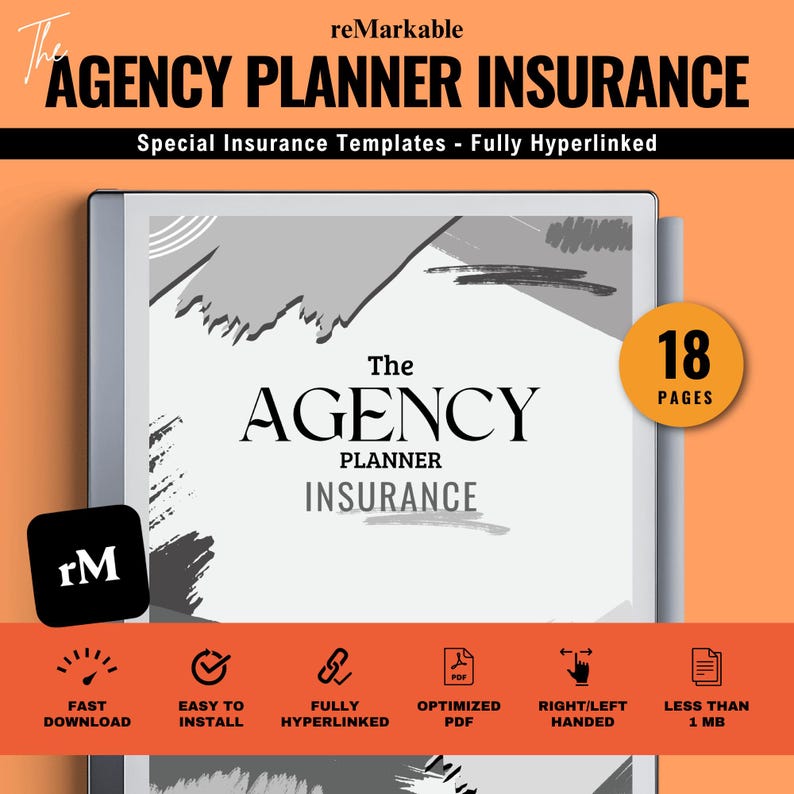When it comes to living in Savannah, GA, understanding the risks posed by flooding is more than just a precaution—it’s a necessity. The 31419 area, with its unique geography and proximity to waterways, faces distinct flood threats that can impact homes, businesses, and daily life. In this article, we’ll dive deep into the factors that contribute to flooding in this region, explain how to assess your flood risk, and share practical steps you can take to protect yourself and your property. Staying informed is the first step toward staying safe—let’s get started.
Table of Contents
- Understanding the Flood Risk Factors Unique to 31419 Savannah GA
- Analyzing Historical Flood Data and Patterns in the Region
- Essential Preparedness Steps for Residents in Flood-Prone Areas
- Effective Flood Mitigation Strategies for Homes and Communities
- Wrapping Up
Understanding the Flood Risk Factors Unique to 31419 Savannah GA
The coastal proximity of the 31419 zip code in Savannah significantly amplifies the risk of flooding, especially during hurricane season. This area lies within a low-lying region that is frequently influenced by storm surges and heavy rainfall events. High tides combined with intense storms can cause water to overflow local rivers and marshlands, leading to flash floods and prolonged inundation. Residents need to be aware that even minor increases in water levels can disrupt transportation and damage property due to the area’s flat terrain and inadequate natural drainage systems.
Several other factors contribute uniquely to flood vulnerability here, including:
- Soil composition: The sandy and clay-rich soils reduce water absorption, increasing surface runoff.
- Urban development: Rapid growth has decreased permeable surfaces, leading to more frequent flooding in residential neighborhoods.
- Sea-level rise: Ongoing climate change is causing gradual sea-level increase, exacerbating flood heights during coastal storms.
- Stormwater infrastructure limitations: Aging drainage systems struggle to handle extreme weather events.
Understanding these multifaceted flood risk contributors is critical for individuals and local authorities alike to implement effective mitigation strategies and stay safe.
Analyzing Historical Flood Data and Patterns in the Region
Over the past century, 31419 Savannah has experienced various flood events, each revealing critical insights into the area’s vulnerability. Historical records indicate that most major floods correlate strongly with heavy rainfall events often intensified by tropical storms or hurricanes. The region’s proximity to the Savannah River and Atlantic Ocean influences the frequency and severity of these floods. Major flooding events typically occur during late summer and early fall, coinciding with the Atlantic hurricane season. Analyzing storm surge levels and river flow data from past decades helps identify flood-prone zones and highlights the necessity for enhancing local infrastructure resilience.
By studying patterns derived from historical data, several key factors emerge as contributors to flood risk in Savannah’s 31419 area:
- Topographical features that channel water into low-lying neighborhoods
- Urban development increasing impervious surfaces and reducing natural drainage
- Climate trends, including rising sea levels and increased storm intensity
Understanding these interconnected elements allows residents and city planners to target interventions effectively. Incorporating flood mapping and early warning systems based on past data is vital for reducing future impacts and ensuring community safety.
Essential Preparedness Steps for Residents in Flood-Prone Areas
Residents living in flood-prone zones should prioritize having a detailed emergency plan that accounts for rapid evacuation, secure shelter, and communication with family and local authorities. Key actions include assembling an emergency kit stocked with essentials such as non-perishable food, bottled water, medications, flashlights, and important documents sealed in waterproof containers. Knowing multiple evacuation routes and staying informed via weather alerts can dramatically reduce risk and confusion during an emergency.
Proactive property measures are equally vital to minimize damage. Installing sump pumps, sealing basement walls, and elevating electrical panels can help safeguard your home. Regularly clearing gutters and storm drains ensures proper water flow and reduces flooding chances. Remember, community involvement in ongoing flood preparedness programs helps strengthen neighborhood resilience, making collective safety a reality.
- Prepare and test family emergency communication plans
- Keep emergency supply kits accessible and up to date
- Understand local evacuation routes and shelters
- Maintain your property with flood-resistant modifications
- Engage with community flood awareness initiatives
Effective Flood Mitigation Strategies for Homes and Communities
When addressing flood risks in the Savannah, GA 31419 area, proactive preparation is essential. Homeowners should consider elevating electrical panels, switches, and wiring above potential flood levels. Installing backflow valves on sewer lines prevents water from backing up into your home during heavy rains or storm surges. Landscaping can also play a critical role—use rain gardens or permeable surfaces to enhance natural drainage and reduce soil erosion. Sealing walls with waterproof coatings provides an additional barrier against seepage, protecting the foundation and interior spaces from water damage.
On a community level, collaboration with local authorities to improve stormwater management infrastructure is vital. Efforts like regular maintenance of drainage ditches, construction of retention basins, and reinforcement of levees help control floodwaters effectively. Encouraging neighborhood awareness and creating emergency response plans with clear evacuation routes save lives when floods do occur. Together, these strategies form a comprehensive defense system that not only mitigates property damage but enhances community resilience against future flood events.
Wrapping Up
Understanding flood risks in 31419 Savannah, GA is crucial for protecting your home, loved ones, and community. By staying informed about local flood hazards, preparing emergency plans, and taking proactive measures, you can reduce the impact when severe weather strikes. Flooding is a real and present danger—don’t wait until it’s too late to act. Stay vigilant, stay prepared, and prioritize safety to weather any storm that comes your way.






